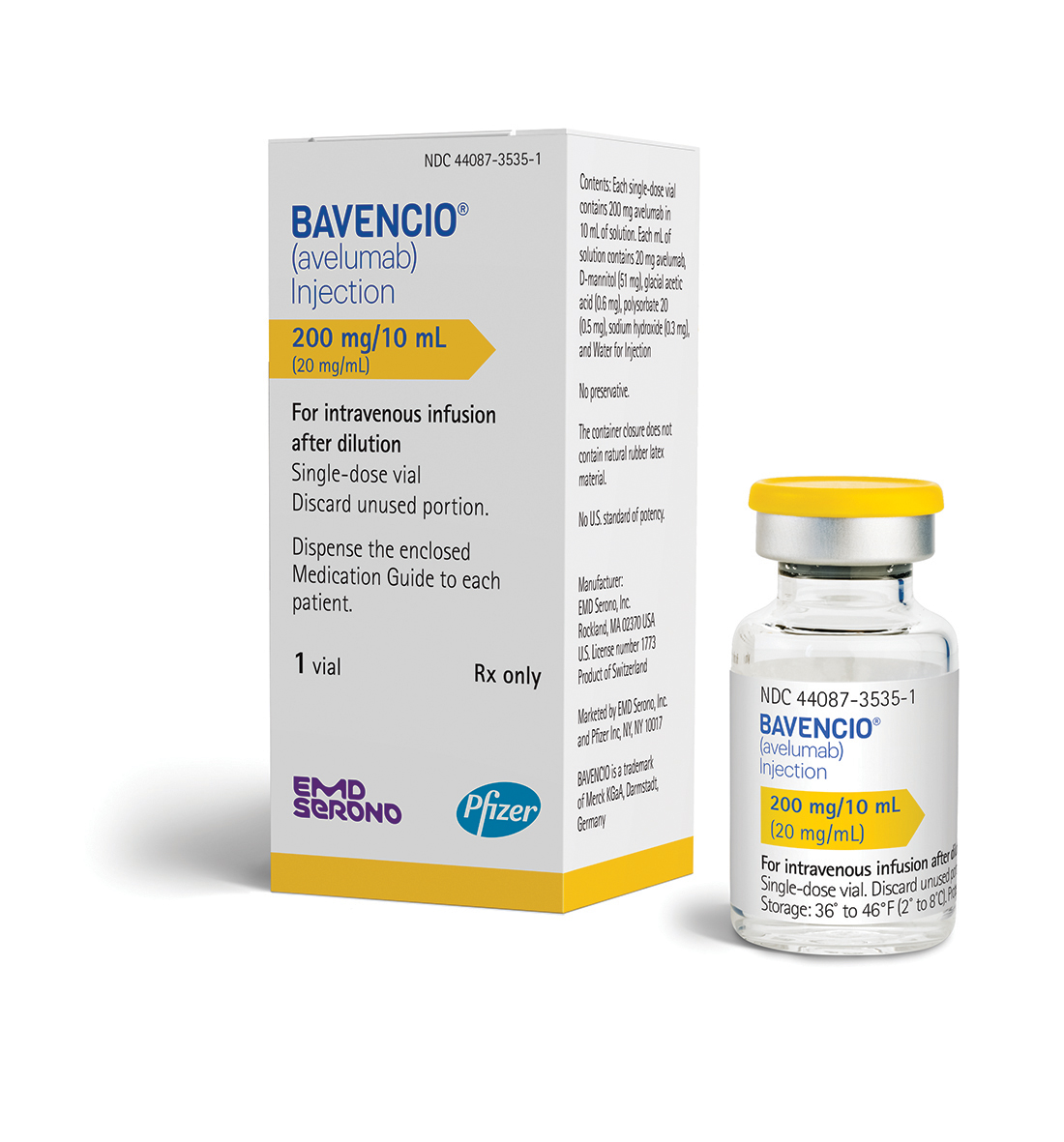Pfizer/Merck KGaA eye fast review for kidney cancer combo

A combination therapy based around Pfizer and Merck KGaA’s Bavencio has outperformed standard of care in a late-stage trial in untreated but advanced kidney cancer.
The companies said that Bavencio (avelumab) in combination with Inlyta (axitinib) hit targets in the trial comparing it with Pfizer’s Sutent (sunitinib), as a first-line therapy for patients with advanced renal cell carcinoma.
The FDA has already granted the combination a Breakthrough Therapy designation, paving the way for a faster six-month review, as opposed to the standard 10-month period.
As part of a planned interim analysis, an independent data monitoring committee said that the trial showed a statistically significant improvement in progression-free survival by central review.
The improvement was seen in a patient group who had more than 1% of their tumour cells expressing the biomarker PD-L1, and in the entire study population regardless of PD-L1 status.
According to the statistical analysis plan, if progression-free survival (PFS) was statistically significant in the PD-L1 positive subgroup, then PFS in the entire study population was to be analysed for statistical significance.
The JAVELIN Renal 101 trial will continue as planned to the final analysis for the endpoint of overall survival – but the companies plan a filing based on the interim results.
As is customary, a detailed analysis will be presented at an upcoming medical congress, the companies said.
Earlier this year the FDA approved Bristol-Myers Squibb’s Opdivo (nivolumab) and Yervoy (ipilimumab) combination in untreated patients with intermediate or poor risk of advanced renal cell carcinoma.
But this is the first time that an immune checkpoint blocker – in this case German Merck’s Bavencio – has been combined with a tyrosine kinase inhibitor (Inlyta) in the indication.
[caption id="attachment_46891" align="alignleft" width="90"] Chris Boshoff[/caption]
Chris Boshoff[/caption]
Chris Boshoff, senior vice president and head of immuno-oncology, early development and translational oncology, and Pfizer global product development said: “These positive results reinforce Pfizer’s long-standing heritage in advancing standards of care for people with RCC, and we look forward to discussing these data in greater detail with health authorities.”












